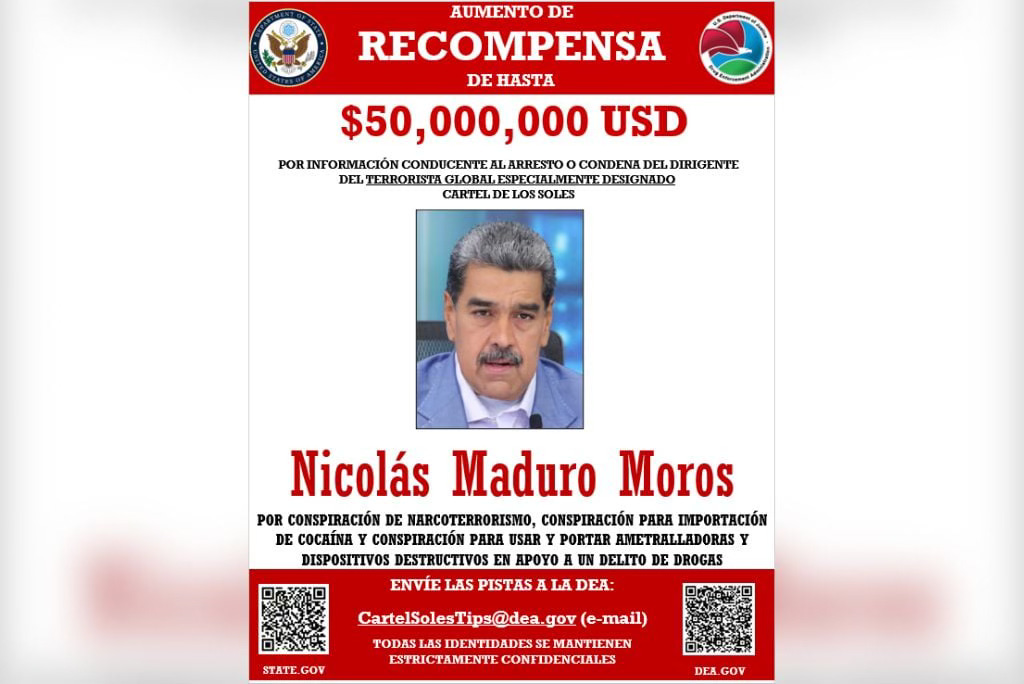A 2019 US War Game on Venezuela Forecast Chaos After Maduro’s Downfall
Drug cartels, anti-US rebels would fill leadership void, Pentagon study predicted
As a Pentagon consultant during the first Trump administration, Douglas Farah participated in war game exercises contemplating what might happen in Venezuela if president Nicolas Maduro were forced from power.
Although carefully hedged, the conclusions were stark: There would most likely be violent clashes throughout the country—among military units still loyal to the regime, an increasingly powerful drug cartel and, most ominously, two extreme leftist Colombian guerrilla armies, the FARC and the ELN, who have “greatly expanded” their control of huge swaths of western Venezuela. The rebels “have decades of combat experience” and “view the United States as their principal enemy,” Farah wrote in an unclassified report for Pentagon intelligence officials after participating in the Venezuela war games.
In short, there would be “chaos for a sustained period of time with no possibility of ending it,” Farah, the president of IBI Consulting, a security firm that specializes in Latin America, said this week on the SpyTalk podcast, elaborating on his report about the prospects for a post-Maduro Venezuela.




